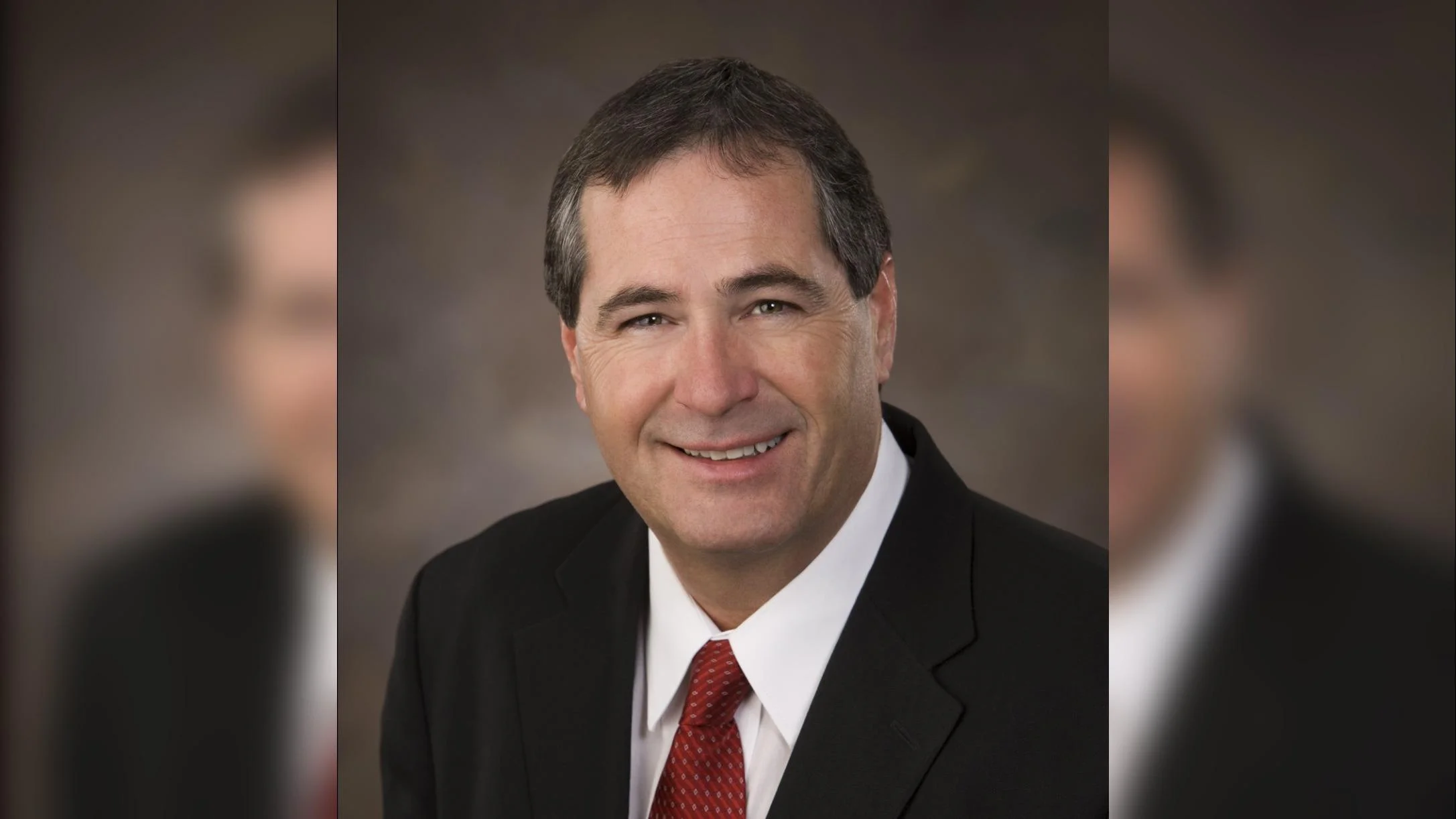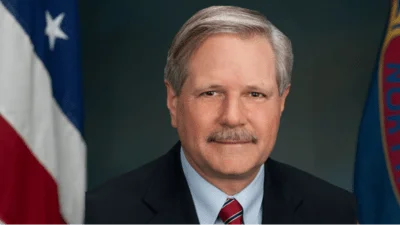Doug Goehring Agriculture Commissioner | North Dakota Industrial Commission
Doug Goehring Agriculture Commissioner | North Dakota Industrial Commission
The North Dakota Tax Commissioner’s Office and the Energy & Environmental Research Center (EERC) have published reports outlining the economic potential of CO₂-enhanced oil recovery (CO₂-EOR) in North Dakota. These studies emphasize the state's advantages in utilizing CO₂ for sustainable energy production, economic growth, and environmental benefits over the next two decades.
Federal tax policy currently favors permanent carbon storage with a $25 per ton advantage over utilization. However, North Dakota's existing tax policies help reduce this gap to less than $10 per ton for CO₂-EOR. The state is highlighted as a leader in carbon management within the oil, lignite, and agriculture sectors. Despite these advancements, there is still a call for federal tax parity to support long-term CO₂ market development.
"North Dakota continues to lead with innovative policies that support our industries and drive economic growth while addressing the challenges of a sustainable energy future," said members of the Industrial Commission in a joint statement. "These reports demonstrate how CO₂-EOR can unlock billions of barrels of untapped oil, reduce emissions and provide billions in revenue – all while maintaining North Dakota’s reputation as a global energy leader."
Key findings from the reports include:
- **Energy Potential**: CO₂-EOR could unlock an additional 5 billion to 8 billion barrels of oil over the next 30–50 years, potentially doubling production milestones in the Bakken Formation.
- **Economic Impact**: Statewide, CO₂-EOR could generate between $2.9 billion and $9 billion in incremental revenue primarily from taxes on additional barrels produced.
- **Environmental Benefits**: The process reduces greenhouse gas emissions by 20% during production and produces low-carbon-intensity oil suitable for global markets.
- **Strategic Positioning**: With potential local sources of CO₂ and tax policies offsetting 64.5% of federal tax credit disparities, North Dakota is well-positioned to pioneer CO2-EOR from oil shale.
The report emphasizes the importance of long-term CO₂ supply agreements and continued policy incentives to fully capitalize on economic opportunities presented by CO₂-EOR.
For further details or inquiries:
ND State Tax Office - Jessie Wald at jeswald@nd.gov
UND EERC - Nikki Krueger at nkrueger@undeerc.org





 Alerts Sign-up
Alerts Sign-up